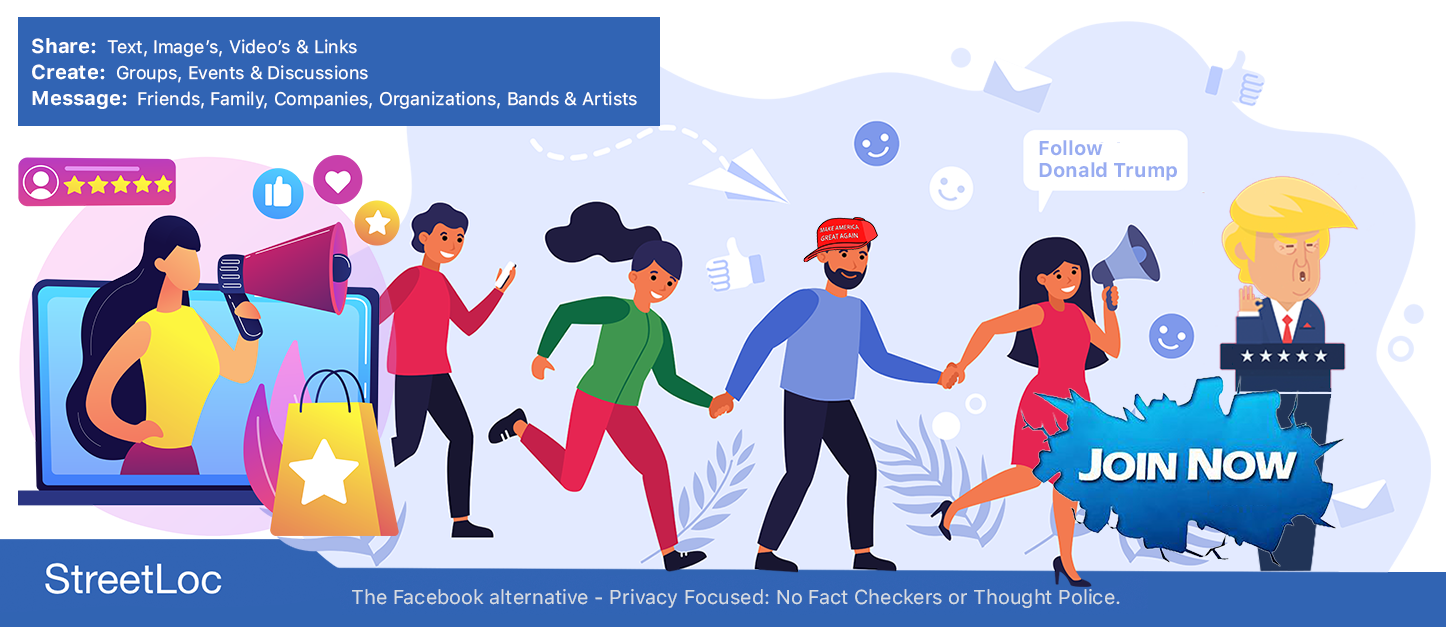Zuckerberg Comments on Interfering in the 2020 Elections and Cracking Down on Q-Anon
Google, Facebook, Twitter shut down conservative content before and after the election, now they are bragging about it, claiming it was an election integrity effort.
Here is Mark Zuckerberg released explaining how Facebook shut down unapproved content, stopped threatening voices from questioning impossible ballot ratios, and possible illegal tactics deployed by Democrats in the 2020 presidential election.
In other words, they interfered with any opinion they did not like.
The First Amendment guarantees freedoms concerning religion, expression, assembly, and the right to petition. It forbids Congress from both promoting one religion over others and also restricting an individual’s religious practices. It guarantees freedom of expression by prohibiting Congress from restricting the press or the rights of individuals to speak freely. It also guarantees the right of citizens to assemble peaceably and to petition their government.
The First Amendment does not guarantee your right to freedom of expression on Social Media.
Here are your alternatives:
- StreetLoc is for connecting with the people socially (Facebook Styled Platform)
- Parler is for connecting with topics socially. (Twitter Styled Platform)
A look at Censorship in America:
According to the American Library Association, censorship is the change in the access status of material, made by a governing authority or its representatives. Such changes include: exclusion, restriction, removal, or age/grade level change. Censorship has restricted newspapers, television, radio, etc. by not allowing them the right to free speech. Not only has this been thoroughly deliberated in the media, but since technological increases have given rise to the Internet, a new dilemma has evolved: should the Internet be regulated and restricted by government in order to protect today’s children, or does this abridge an individual’s right to free speech? Before attacking Internet censorship, one must understand the limitations of freedom of speech.
Freedom of speech is a right of the citizens of the United States; on the other hand, this freedom is not absolute to the point that society thinks that it is. Some forms of speech are thoroughly outlawed in the US such as fraudulent advertising, child pornography, obscenity, fighting words, help-wanted ads that discriminate on the basis of race, words used in a criminal transaction, unlicensed broadcasts, libel, speech that infringes a copyright, and unauthorized disclosure of data used to make atomic weapons (Turner 28). Naturally, most of these forms of speech have a compelling government interest. Government may regulate, or censor speech if it has a compelling interest, is a public concern, or threatens national safety. In turn, this demonstrates that the ideas and expressions of private institutions cannot be regulated, unless one of the preceding requirements is met. William Turner writes that “Government may not restrict or penalize speech because of its content or its viewpoint. It must remain neutral in the marketplace of ideas”. Overall, government may not regulate speech, unless there is a major national, or public concern.
Lately, the Internet, a technological masterpiece, has been the subject of great controversy. Certain individuals feel as though the Internet should be governmentally regulated and censored in order to protect the youth of America. On the other hand, the regulation of material on the Internet would, in fact, violate the First Amendment right to free speech and expression. Thomas Emerson once stated “Those who seek to impose limitation on expression do so ordinarily in order to forestall some anticipated effect of expression in causing or influencing other conduct” (20).
In essence, this means that governmental censorship would primarily attempt to stop an unintentional effect of certain speech or expression on the Internet; in other words, the government would be opposing the idea of individualism in society. When controlling what people read or view, whether in a book or on a computer monitor, the government limits people’s ideas and their thought capacities. Frederick Schauer, a law professor at the College of William and Mary, stated “Freedom of speech meant not only freedom from any form of governmental control, but also freedom from private social pressures that could also inhibit thought and opinion”. As citizens of the United States, individuals have the right to be free from governmental control that inhibits thoughts, ideas, and free expression.
In the past couple of years, there have been two attempts by Congress to limit material on the Internet; both of these ideas came in the form of bills that were designed to “clean up” indecent material on the Internet that was being viewed by minors. Under strict scrutiny, these bills were entitled the Communications Decency Act and the Child Online Protection Act.
Every individual in America has the right to read or view whatever book or magazine they choose. How should this be different from viewing the same type of material on the Internet?
- · 551 friends
-


A
 611 followers
611 followers
-
- · Bonnie Chappell
- ·
- · Standard
No Mr. Zuckerberg, this is not what we EXPECT of a social media platform. Let the people speak. We do not want PRIVATE industry picking and choosing for us. We know what we know, and apparently you either are not aware or being paid in kind or some other way to lean one way. Imagine if I were to pick and choose what you say...
-
Taximus Maximus - New York, New York - ManDummie
- ·
- · Miska Simpson 🧨
- · Politics
- · 536 views
New Yorkers voting for Mamdani.
- ·
- · Miska Simpson 🧨
- · Politics
- · 242 views
Golf swing technique - complements of the White House.
- ·
- · Miska Simpson 🧨
- · Sports
- · 259 views
Hillary Clinton: White men, just doing such damage...
- ·
- · Miska Simpson 🧨
- · Politics
- · 666 views

